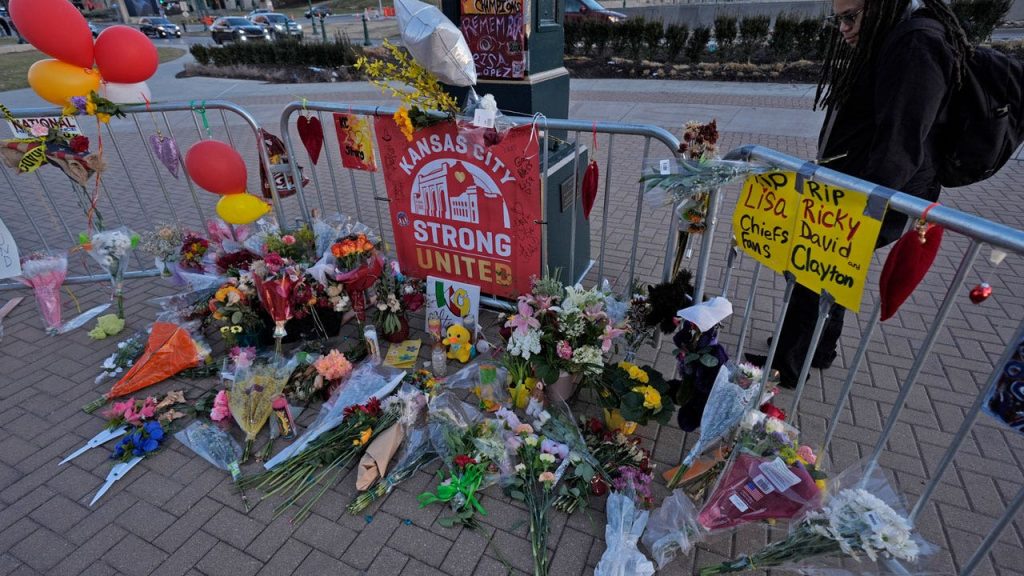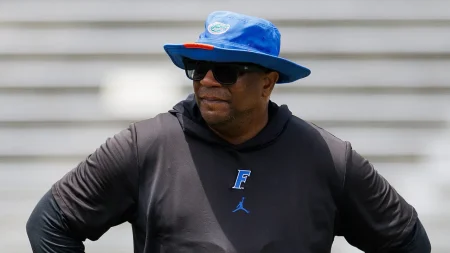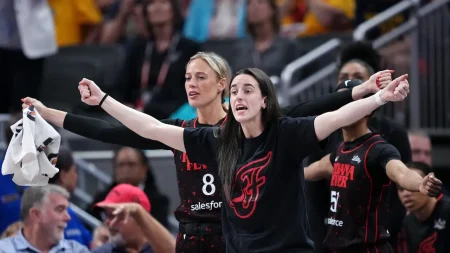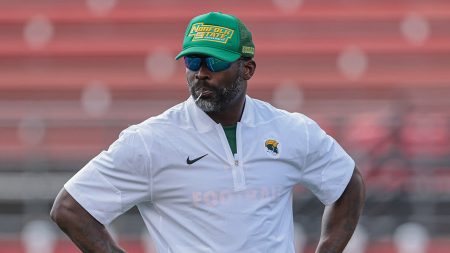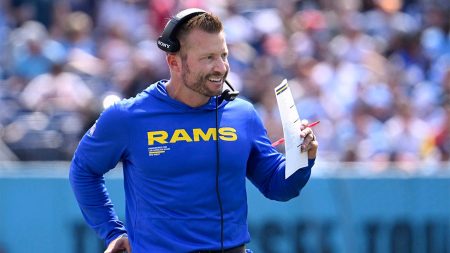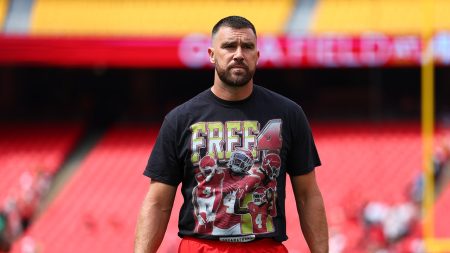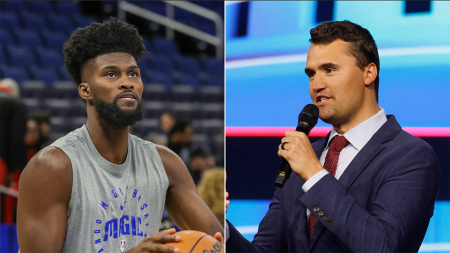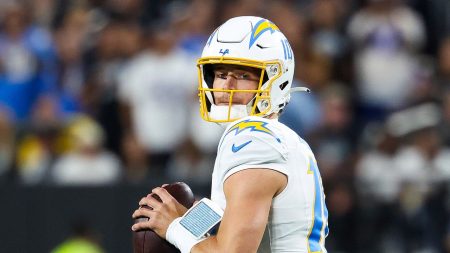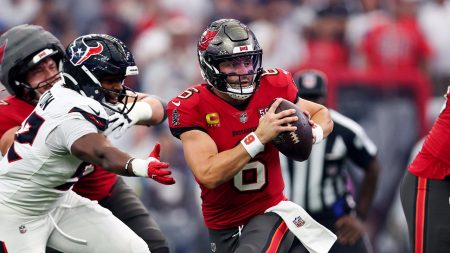In March, 20-year-old Terry Young was charged with murder in connection to the deadly shooting at the Kansas City Chiefs’ Super Bowl parade. A total of 12 people pulled their guns, with at least six firing their weapons. Lyndell Mays, 22, and Dominic Miller, 18, also face multiple charges, including second-degree murder. Three other suspects face gun-related and resisting arrest charges. Miller broke his silence and offered an apology to the victims, particularly to the family of radio personality Elizabeth “Lisa” Lopez-Galvan, who was killed during the incident.
Jackson County prosecutors allege that Miller’s bullet struck and killed Lopez-Galvan, who was a Chiefs fan. While expressing remorse for his actions, Miller defended himself, saying he felt he was in a life-and-death situation during the shooting. He also mentioned suffering an injury and spending time in the hospital before being transferred to the Jackson County Detention Center. The situation reportedly escalated following an exchange between Mays and a teenager at the event, leading to violence that resulted in injuries and death.
Miller cited the state’s stand your ground law as he explained his belief that he was in a “fight or flight situation” during the parade. He described the events as a matter of defending oneself in a dangerous situation, mentioning the presence of children and the necessity to ensure his safety. In the aftermath of the shooting, Chiefs players and the organization made significant donations to the victims. Travis Kelce donated $100,000 to a family whose girls were injured, while Patrick Mahomes and his wife Brittany donated $50,000 to a fund led by the United Way. Additionally, the Chiefs, the Hunt Family Foundation, and the NFL donated $200,000 to support those affected by the tragedy.
The incident at the Super Bowl parade was a tragic and disturbing event that resulted in injury and loss of life. Miller’s apology to the victims, particularly to the family of Elizabeth Lopez-Galvan, reflected a sense of remorse and accountability for his role in the violence. The context of the situation, including the escalation of events and the perceived need for self-defense, shed light on the complex circumstances surrounding the shooting. However, the community response to the tragedy, including the generous donations from the Chiefs and players, emphasized a commitment to supporting those affected by the violence and fostering healing in the aftermath of the devastating incident.
The legal implications of the Super Bowl parade shooting, including the charges brought against the individuals involved and the references to Missouri’s stand your ground law, highlighted the complexity of evaluating self-defense in criminal cases. The statements given by Miller and Mays provided insight into their perspectives on the events leading up to the shooting, as well as their rationale for the actions taken during the incident. The broader impact of the violence on the community, particularly on the victims and their families, underscored the need for accountability, justice, and support in addressing the consequences of such tragic events.
As the investigation and legal proceedings continue, the Super Bowl parade shooting remains a sobering reminder of the impact of gun violence and the importance of addressing underlying issues that contribute to such incidents. The expressions of remorse and accountability from those involved, as well as the gestures of support and solidarity from the community and organizations like the Chiefs, reflect a collective effort to seek justice, healing, and prevention of future violence. Ultimately, the tragic events at the parade have left a lasting impact on the Kansas City community and serve as a call to action for greater understanding, empathy, and commitment to addressing the root causes of violence in society.




